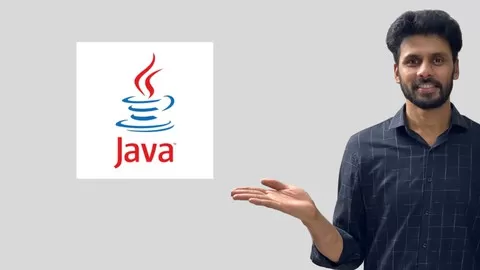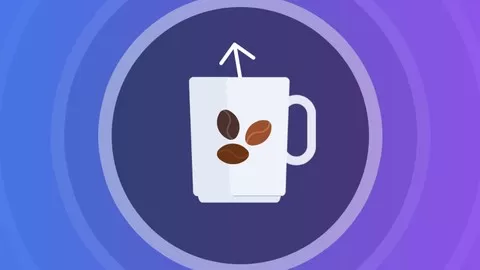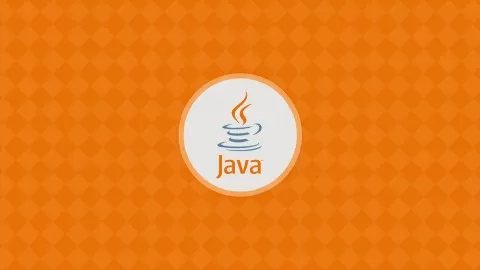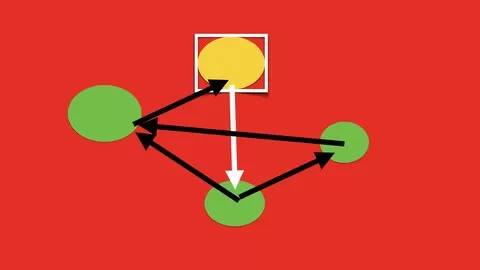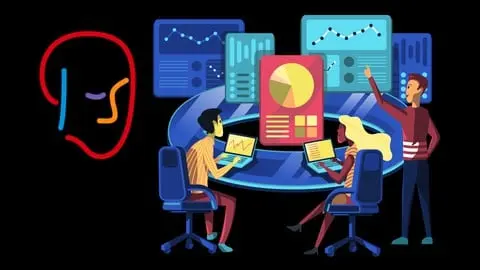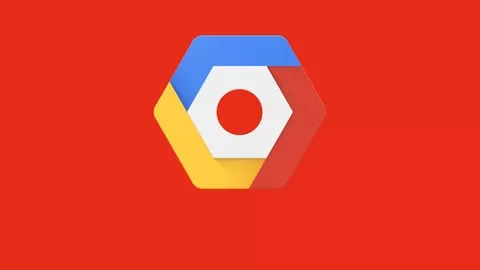•Prerequisites: Basic understanding of Java•Taught by a Stanford-educated, ex-Googler, husband-wife team•More than 50 real-world examplesThis is an intensely practical, deeply thoughtful, and quirky take on 24 Design Patterns that matter.
Let’s parse that.
•The course is intensely practical, bursting with examples – the more important patterns have 3-6 examples each. More than 50 real-world Java examples in total.•The course is deeply thoughtful, and it will coax and cajole you into thinking about the irreducible core of an idea – in the context of other patterns, overall programming idioms and evolution in usage.•The course is also quirky. The examples are irreverent. Lots of little touches: repetition, zooming out so we remember the big picture, active learning with plenty of quizzes. There’s also a peppy soundtrack, and art – all shown by studies to improve cognition and recall.•Lastly, the patterns matter because each of these 24 is a canonical solution to recurring problems.
What’s Covered:
•Decorator, Factory, Abstract Factory, Strategy, Singleton, Adapter, Facade, Template, Iterator, MVC, Observer, Command, Composite, Builder, Chain of Responsibility, Memento, Visitor, State, Flyweight, Bridge, Mediator, Prototype, Proxy, Double-Checked Locking and Dependency Injection.•The only GoF pattern not covered is the Interpreter pattern, which we felt was too specialized and too far from today’s programming idiom; instead we include an increasingly important non-GoF pattern, Dependency Injection.•Examples: Java Filestreams, Reflection, XML specification of UIs, Database handlers, Comparators, Document Auto-summarization, Python Iterator classes, Tables and Charts, Threading, Media players, Lambda functions, Menus, Undo/Redo functionality, Animations, SQL Query Builders, Exception handling, Activity Logging, Immutability of Strings, Remote Method Invocation, Serializable and Cloneable, networking.•Dependency Inversion, Demeter’s Law, the Open-Closed Principle, loose and tight coupling, the differences between frameworks, libraries and design patterns.

